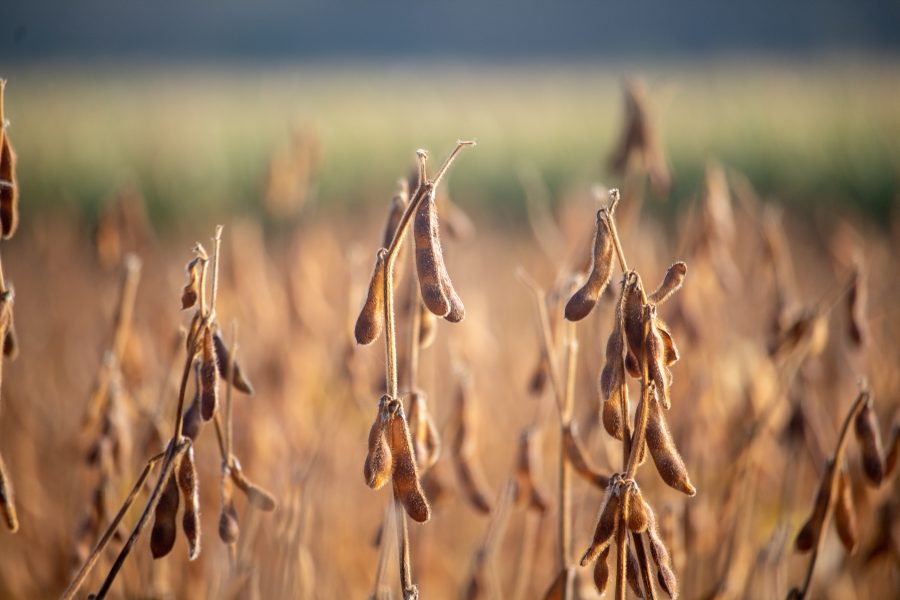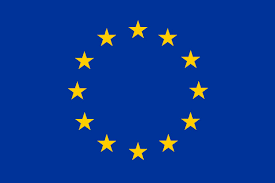Press release BELIS project: Europe accelerates public-private development of improved legume varieties
Europe is investing heavily in the development of improved legume varieties such as chickpea, soybean and red clover. A consortium of 34 partners from 18 countries will work together over the next 5 years to improve existing variety development programs by public and private breeders, seed companies and knowledge institutions. ILVO is the only Belgian partner and will work specifically on high-protein soy and red clover with improved disease resistance. The system of variety registration, trials and information in the participating countries will also be optimized so that improved varieties and information reach interested farmers and buyers faster.

This promises a big step forward for legume cultivation in Europe, we can still greatly improve the quality of the varieties we have available.
Catch-up required
Legumes are an interesting source of protein and nutrients for humans and animals, promote soil quality and, through fixation of nitrogen from the air, meet their own fertilizer requirements, which is beneficial for climate and environment. Yet the mass rollout of legumes in European fields remains largely absent. One reason is the lack of varieties that produce stable, high yields. Consequently, very little breeding work has been done in legumes in Europe to improve their quality.
14 legume types
By sharing state-of-the-art techniques and practical expertise, BELIS' project partners aim to quickly change that. Specifically, they focus on 7 forage crops: the red, white and annual clovers, alfalfa, bird's foot trefoil (roller clover), vetch and cockscomb (esparcette), and 7 seed crops: peas, field beans, soybeans, white lupin, lentils, chickpeas and dry beans. Together, these crops represent the diversity of legume species grown in Europe.
Soy and red clover
ILVO focuses specifically on new technologies for the improvement of soy and red clover, two crops with which it has already gained considerable experience in previous projects and which remain relevant to Flemish agriculture. DNA marker technology will be used for breeding towards better disease resistance against clover rot in bird's foot trefoil, and towards higher yield and protein content in soy. ILVO also shares its remote sensing technology to estimate yields in trial fields with three European breeding companies active in red clover.
It's wonderful to see the efforts made to share knowledge maximally. The private bell jar is not going to be completely removed from plant breeding, but niche crop developers (red clover, lentils) will learn a lot from the breeders developing larger crops such as alfalfa or pea.
Ultimately, this project should provide a proof of concept that it is feasible to establish economically sustainable legume breeding programs within the existing economic realities and legislative framework in Europe.
More efficient registration and education
In order to also get the improved varieties on the field more quickly in different European countries, the partners are reviewing national variety registration procedures and information. There is a need for homogenization and more attention for the end users: farmers and their customers. Information about new varieties also needs to flow more smoothly. This is where the information services and seed companies have an important role to play.
More information
INRAE the well-known French research institute, coordinates this project. BELIS project website: www.belisproject.eu

Funded by the European Union
The BELIS project has received funding from the Horizon Europe research and innovation programme under the Grant Agreement N°101081878.


